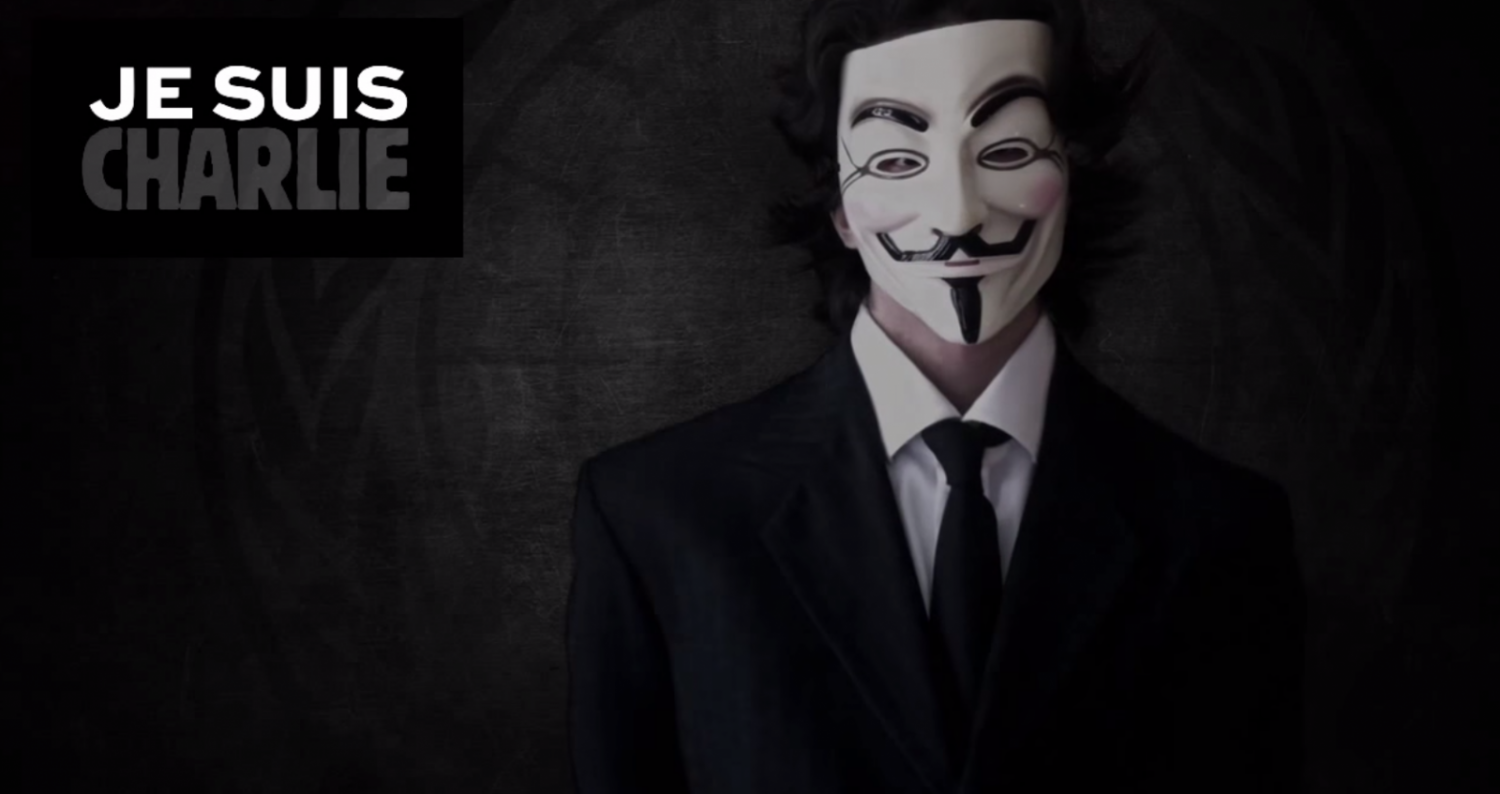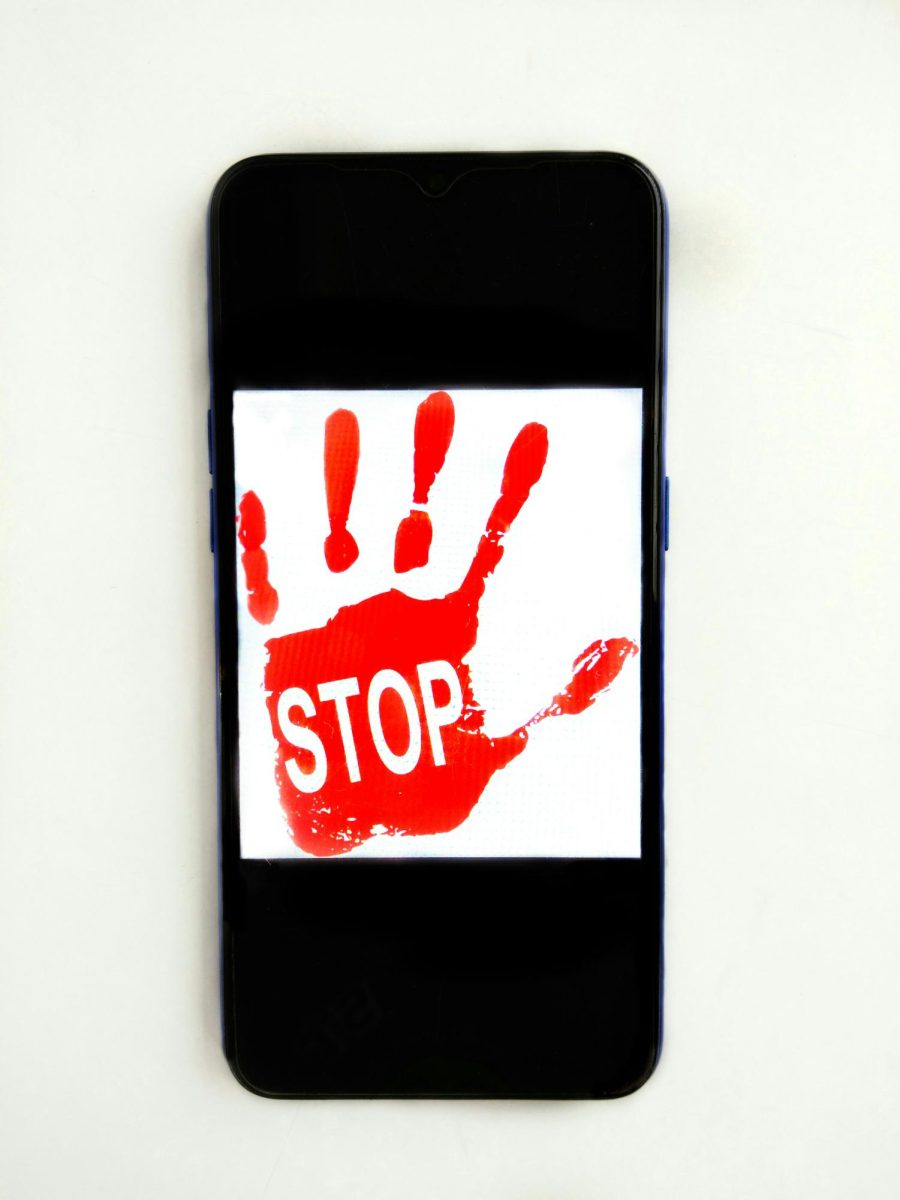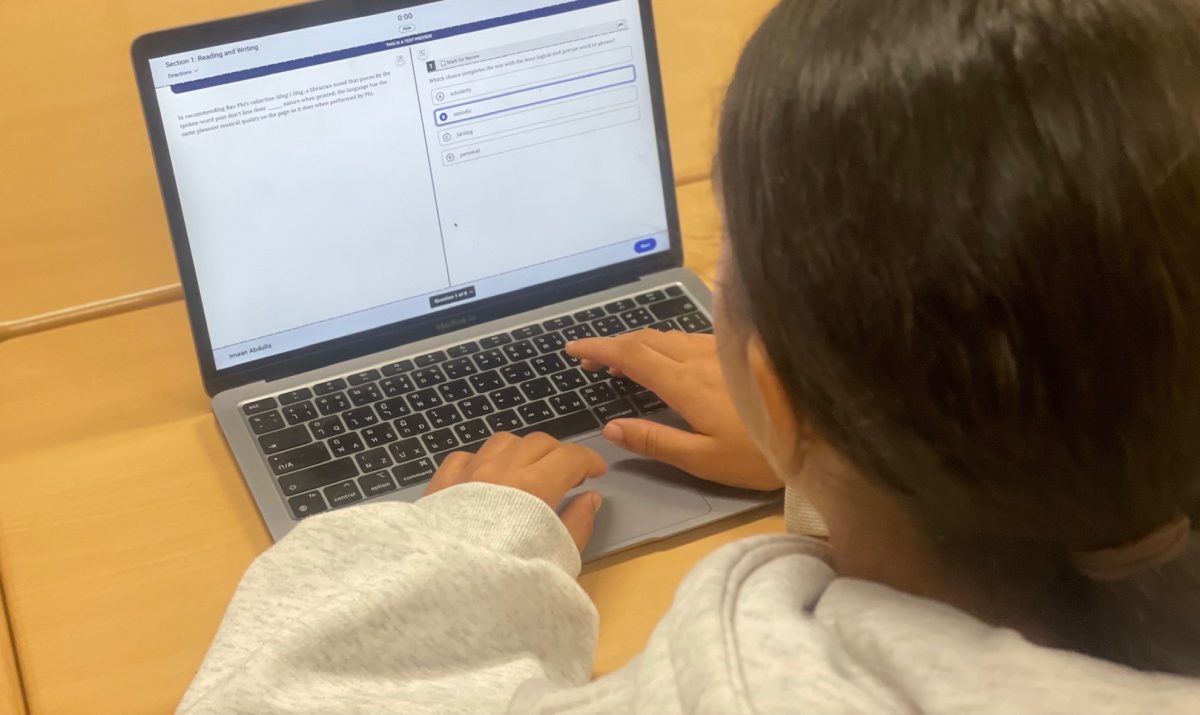When the 4chan-started group Anonymous began wreaking havoc across the virtual world, much of the world mistook it for jest. The group featured no organisation, no leader, no central ideology, and no primary objective. In its inception, what later became Anonymous was only a group that between 2003 and 2007 conducted “4chan raids.” These were centered around massive Internet pranks done “for the lulz;” that is, laughing at the expense of others.
It was only during “Project Chanology,” in 2008, that the group was associated with “hacktivism,” a form of online activism. When Gawker, a popular blog focusing on celebrities and the media industry, leaked a video of celebrity Tom Cruise praising the Church of Scientology, the church responded with an infringement letter. Anonymous attacked the Church of Scientology by prank calling its hotline, sending black faxes to waste ink cartridges, and launching distributed denial of service attacks on their services. It was at this time that members of Anonymous first physically protested against the Church.
The ambiguity of the group worked in its members’ favor. In fact, any group of people could do what they wished online and claim to be Anonymous, making them difficult to identify. One such group was “LulzSec,” a small hacker group that was responsible for releasing names, passwords, emails, and home addresses of thousands of Sony users. They were also responsible for a hack on ManTech, a cyber security company that provides technologies for several departments of the U.S. government, which led to the release of documents that Anonymous claimed to show how ManTech wasted taxpayer money.
Over the years, groups have attacked multiple organisations and governments, including PayPal for having stopped support for WikiLeaks, hacks against the Westboro Baptist Church, and support for the Arab Spring movements in the name of Anonymous.
The recent attacks against a satirical French magazine, Charlie Hebdo, claimed the life of 12 innocents and provoked a group of hackers, under the name of Anonymous, to wage a cyber “war” against those responsible. The group accused the Islamic State in Iraq and Syria (ISIS) and Al Qaeda of being against freedom of expression and killing innocent people. In their announcement video, the group declared “war on you, the terrorists” and claimed they will “avenge their deaths,” launching OpCharlieHebdo to do so.
The first and only attack took down the website ansar-alhaqq.net, what could be described as a French jihadist website. According to their announcement, their intentions include the destruction of possible “terrorist” accounts in any kind of medium from which propaganda can be spread.
The question is, who is to deny Anonymous of doing this? Who is to deny what some may consider justice? What this group is doing is against the law, but the question of its morality remains unanswered.
Alessio Amaolo







